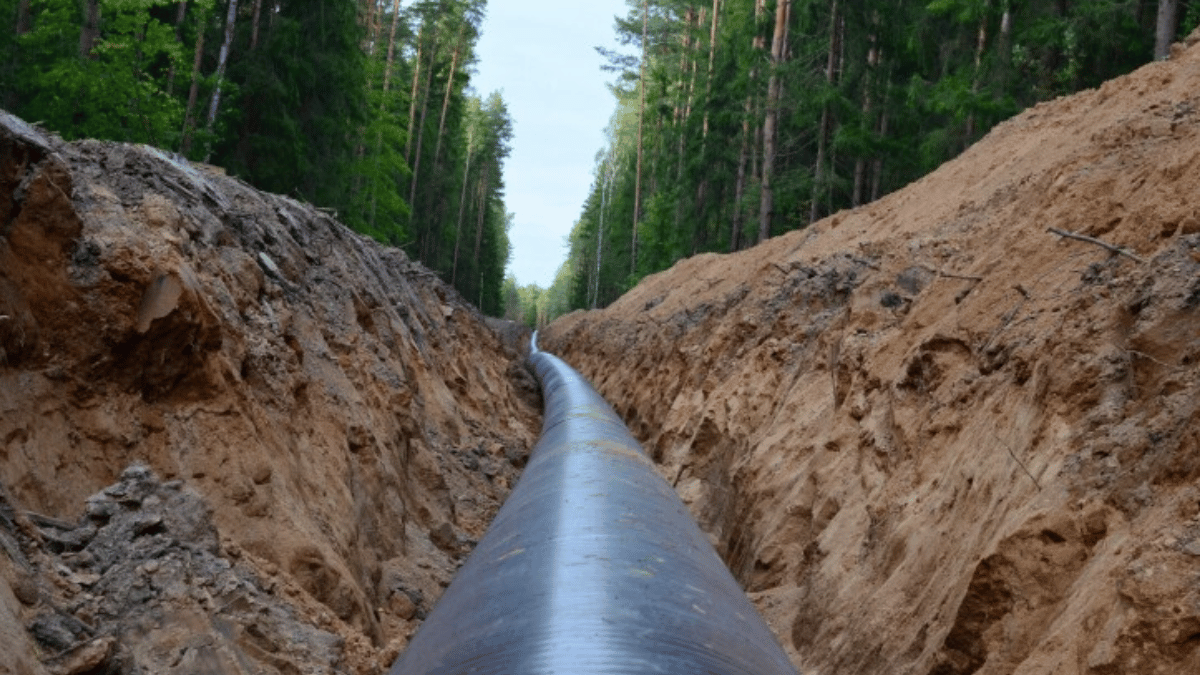Outside the building, a line of about 200 people wait their turn to talk to CONSOL. Many who came here Tuesday own land or royalties in Lewis County.
Jackie Smith is one of them. “I think it’s time. We need gas. So therefore we don’t have to depend on other countries.”
Just how many new wells are being planned for Lewis County? Where will they be? These are the questions almost everybody here is asking, no matter which side of the issue they stand.
Barbara Volk is a horse podiatrist and has a small farm in Camden She heard tonight that CONSOL would like to eventually build well pads along Churchville Rd, about 4 and a half miles from her farm. Those well pads would be along the same creek that her horses drink from. She’s worried that if this water becomes polluted, she won’t have another supply of water for her farm.
“As a surface owner, I feel we are bulldozed. We are treated like we don’t exist and nobody cares. I did actually speak with someone. And he assured me that everything is going to be according to EPA regulations, and that the environment will be protected and the water will be protected. But frankly, from what I have seen in Doddridge county, and surrounding areas, I don’t believe that’s going to be the case,” Volk said.
Concerns for drinking water were among the questions people asked company representatives. “To date we have had no impact on any of these Marcellus well site locations, that showed that we have reduced the quality of the drinking water on the area. ” said Jeremy Jones, with CONSOL energy.
Jones explained that the company makes every effort to ensure that drill sites do not have any leaks where contaminated chemicals could leach into the aquifer.
He also emphasized the new jobs that this new development will bring to Lewis County.
“Just driving out here this evening to Jackson’s Mill, you’ll see several water truck and service companies that are already rebounding from the activity that’s already occuring. Marcellus Shale Coalition states that 1 well will create up to 450 jobs throughout 150 disciplines, per well,” said Jones.
These jobs, however, will only last for a short period of time, mostly during the construction of well pads-which takes about 12 months.
And Alan Shaw says he’s not convinced the jobs that energy companies will bring to Lewis County will employ many local people. He lives in Camden, in one of the areas that could see new drilling in the next few years. He says he came to this meeting to talk about his concerns, but there was not an opportunity for public comment.
